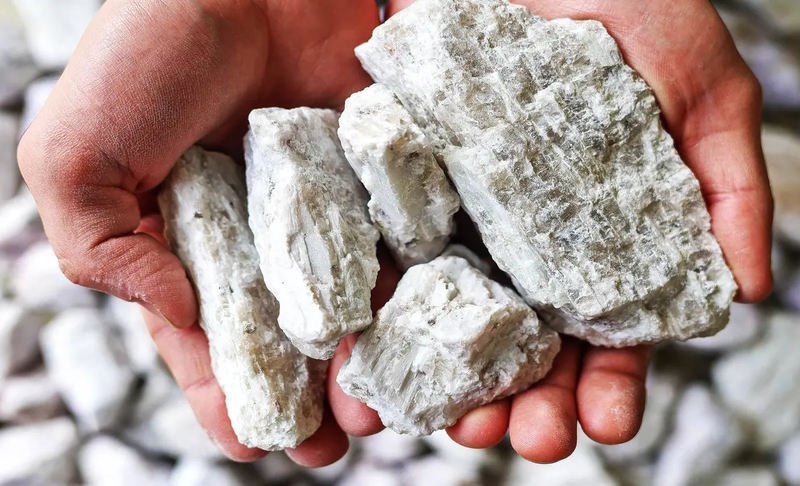
The discovery of a massive lithium deposit worth an estimated $1.5 trillion in Oregon’s McDermitt Caldera has electrified hopes for U.S. energy independence. With between 20 and 40 million metric tons of lithium buried in ancient volcanic claystone, the find could launch the United States into a leading position in the global battery supply chain. But as excitement grows, so too should caution—because even with this strategic resource in our own backyard, America’s greatest vulnerability may still be China.
For years, China has dominated global lithium processing, controlling more than half of global refining capacity and much of the supply chain that supports electric vehicle (EV) production. Even if the U.S. ramps up domestic extraction, raw lithium must be refined before it can power cars and devices. Without investment in domestic refining infrastructure, the U.S. risks digging up its own resources only to ship them to China for processing—a dangerous dependence in an increasingly unstable geopolitical landscape.
This is not just an economic issue; it’s a national security concern. China's ability to manipulate supply chains—as seen during recent trade tensions and its rare earth export controls—gives it leverage over critical sectors of the U.S. economy. Allowing a strategic material like lithium to be funneled through China undermines the very energy independence this discovery promises.
Moreover, while Oregon communities debate environmental risks, there’s another layer of complexity: China has long used its state-owned enterprises to infiltrate global mining operations, often acquiring stakes in key resources across Africa, South America, and even North America. Will Chinese-backed companies eventually seek influence over this deposit through shell firms, investment arms, or lobbying tactics? U.S. regulators must be vigilant.
There’s also the matter of speed. American permitting processes are notoriously slow, often mired in environmental reviews and bureaucratic red tape. While responsible stewardship is vital, China’s authoritarian model allows it to move quickly—sometimes recklessly—gaining a competitive edge. If the U.S. delays too long in building out mining and refining capacity, it risks losing the strategic advantage this lithium find presents.
At the same time, America must not fall into the trap of sacrificing ecosystems and Indigenous rights in the name of “competing with China.” The key is balance—accelerated development with transparency, accountability, and innovation. Clean energy should not come at the cost of poisoned water, cultural erasure, or abandoned communities.
The McDermitt lithium deposit is a rare opportunity. It offers a path toward secure battery production, reduced reliance on foreign powers, and revitalized rural economies. But only if the U.S. recognizes that China isn’t just competing—it’s strategizing.
To counter Beijing’s influence, the U.S. must:
In the end, lithium may be America’s “white gold”—but if mismanaged, it could become another resource that slips into Beijing’s orbit. The ground may be American, but the outcome depends on how wisely we act now.